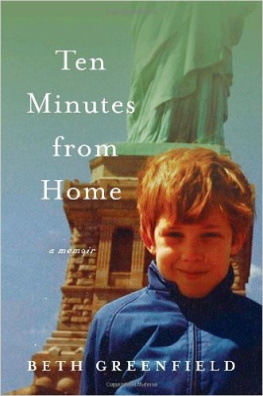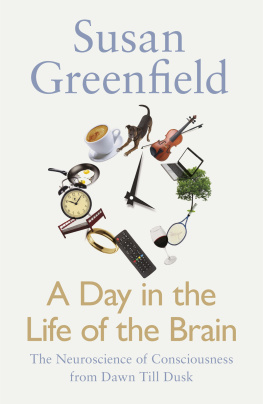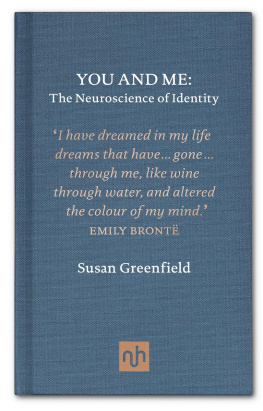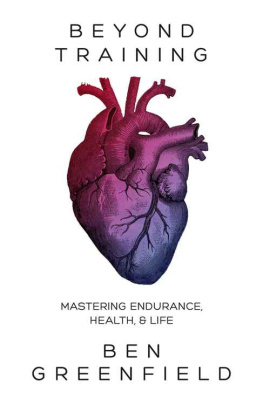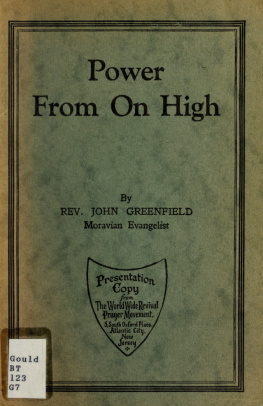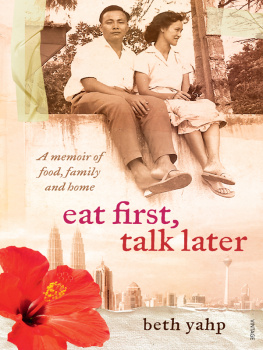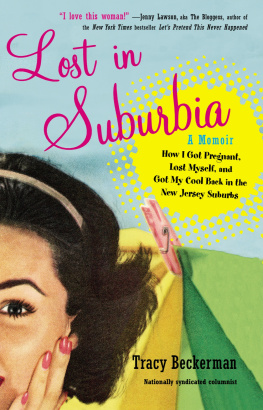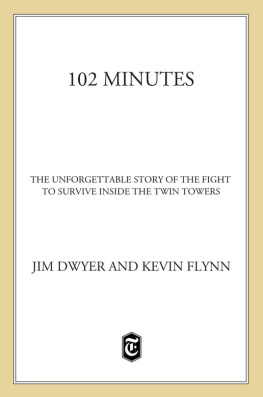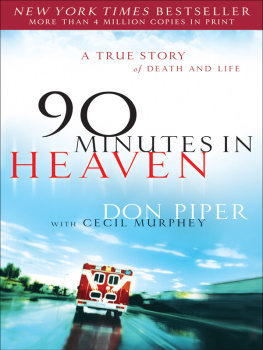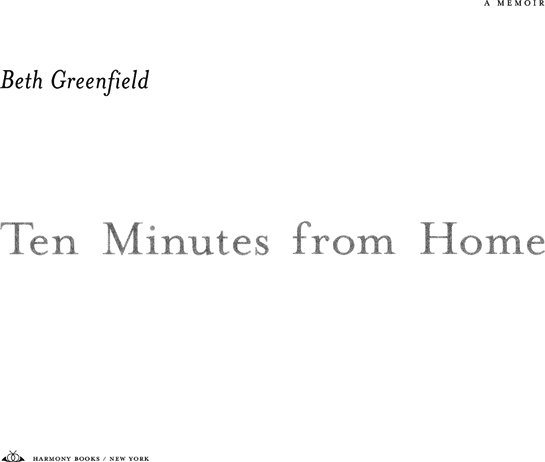T HIS book tells a true storytrue in that the events actually happened, and also in that I have told it honestly, to the best of my ability. Although I cannot recall verbatim dialogue from nearly three decades ago, which is when the majority of this book takes place, I do remember many specific conversations, and have recreated them in ways that feel accurate in both word choice and in sentiment. Some minor details have been changed, unwittingly, as the years and the trauma of the time in question have simply erased various specifics from my mind. I have also changed a few names in the interest of privacy.
Prologue
A LL-WOOD construction. Thats what it said on the side of Grandma Ruths coffin. I stared at that phrase while the men in Carhartt vests lowered her into the frozen ground. I stood just feet away, behind my mom, who sat in one of the white folding chairs that the folks from Bloomfield-Cooper Jewish Chapels had set out as part of the funeral package. There were just five of usme, my parents, my mothers brother, and my partner, Kikiand sitting felt silly to me, like something to do in a crowd. I wanted us to all be pressed up together, so I stood close behind my mother, my gloved hand on her shoulder.
At ninety-three, my grandmother had outlived her four siblings. She was long widowed and friendless, eschewing company for television and mystery novels. And our extended family was not at all close-knit. Still, it was depressing and even a bit embarrassing, when our limousine driver pulled into the cemetery, to find that our family was outnumbered by gravediggersespecially because there was another funeral about to begin, with a mob of mourners swarming the lawn of the front office, waiting to be told where to go. That burial was clearly for a young person, as the crowd consisted of sad-faced teens in black coats and boots, with teased hair and goth makeup. I wanted to know what happenedhad it been drugs? a car wreck?but there was no way to know. We continued along to Grandmas plot, right next to her husbands, my grandfathers, a man I never knew.
The day before, my mom and I had gone by my grandmothers room at the nursing home to gather up her remaining items: a store-bought quilt my mother had brought from home, a pair of worn-out slippers, a cheap blue sweatsuit that she didnt like to wear. Shed only been in that place for two weeks and, after thirty-five years of living alone in her small efficiency, despised every minute of it. Id only seen her there a couple of timesvisits that consisted of me staring at her as she sat in her wheelchair, caved in and quiet, ashamed of her predicament. She had been shutting down right in front of my eyes, and I couldnt blame her. The other residents there, almost all women, drooled and moaned and cried out about things that no one else could see. Grandma Ruth would roll her eyes and wrinkle her nose at them and look appalled, and say to us, I dont belong here.
When we showed up at her room after she had died, I felt grounded, as if I could take care of my motherjust as I had this morning, when my mom told me she hadnt thought of getting any food for us to eat after the funeral. What if people come by? she had asked. I knew that no one was coming by, but I wanted my mother to feel like shed given her mother a proper funeral day. And I knew what was expected on a post-funeral tablerye bread, egg salad, turkey, and olives. I didnt know of a good Jewish deli nearby, though, and so settled for the Italian one I remembered from childhood, Giovannis, where my mom would buy homemade marinara sauce and dense loaves of semolina bread and balls of fresh mozzarella for us to eat on summer nights when she didnt feel like cooking. She didnt go there so much anymore, less impressed by the authentic array now that she and my father had traveled to Italy and all around Europe several times over, but the place was still there, across from the Little Silver train station, and I had fifteen minutes before I had to meet Kiki, who was coming in from our place in the city that morning. I was hasty, and didnt pay much attention to prices, just telling the cheerful woman behind the counter that I needed a platter for ten, and that it was for a funeral. I could tell that this depressed her, because it was Christmas Eve day, but she still set about her task with efficiency, checking in with me each time she arranged some more cold cuts or salad on the huge plastic plate. This OK, hon? she kept asking, and each time I nodded. Then I pulled out my credit card and had her load the creation, fit for a houseful of shiva sitters, into the back of my car, and when Kiki and I walked in with it my mothers eyes filled with tears of relief. Youre wonderful, Beth, she told me, and I for once felt my age, instead of like a permanent teenager, in her presence.
I had not felt that way before when there was a death. And now, in the frigid cold of the cemetery, the rabbi, a stranger hired for the task, repeated the snippets of my grandmothers character that my mom and I had told him over the phone yesterday: that she was kind and a good listener who could be a stubborn spitfire, and that she was a wonderful mother and grandmother who used to bake cookies and cakes when my mother was a girl. I watched my uncle Michael, her son, during much of this eulogy, and realized he hadnt gotten to add his own input because hed been on a plane from California. He looked so alone and out of place, wearing jeans and sneakers under his bulky parka because his lost luggage had yet to arrive at our house. I wore my black suitmy only suit, the one I had purchased for an interview at a magazine a year earlierand as I stood there before the rabbi I could feel the icy wind cut through the spring-weight slacks. My mom cried quietly and nodded along with the rabbi, and when he finished she read a prayer. Then the burly gravediggers positioned themselves on thin strips of AstroTurf to lower the coffininto the perfect rectangle they had dug before our arrivalwith a basic pulley system of thick canvas straps. First her head and then her feet disappeared below, and I worried that shed shift in the box, or that shed bang her delicate head inside. I thought how small she must have been in there, how tiny and thin, all ninety pounds of her, with her fragile arms probably folded on her chest. How I adored those armsthe silky undersides that Id grab a piece of and rub like a Buddhas tummy, delighting in their fragility. Shed swat me away, angry, but even so I believed that she secretly liked it.
Shed never really been comfortable with touchinghugging me for only so long before pulling away, laughing and saying I was too heavy before pushing my adult head out of her lap. Id place it there sometimes as shed nap on our living-room sofa in an attempt to snuggle, but she never allowed it. She had actually let me touch her at Thanksgiving, just one month before, when I went to pick her up and shed shuffled to the door, confused, sick, telling me she wasnt coming over. Im not up to it, Beth, she said, sighing. But when I said that I understood and headed toward the door she changed her mind. She was too weak to get dressed, so she let me help herputting her skinny arms around my neck as she raised her bottom off her recliner to let me take down her worn and pilling pants. I saw her thighs, smooth like glassine, and her belly, flat and soft and barely wrinkled.
As I watched her go into the ground, watched my mother cry and put her hand to her face, I was struck with the incredible normalcy of this grief. This was a common griefthe kind that everyone deals with at some point. The end-of-life-cycle type of loss you dont look forward to, but expect. I didnt know I would feel so sane. I didnt know I could feel so sad, so robbed, while still knowing deep within myself that my life would go on. I knew my Grandma Ruth was going to die someday, and I dreaded it because I thought it would be like when we lost Adamlike the world was falling apart and would never be whole again.

